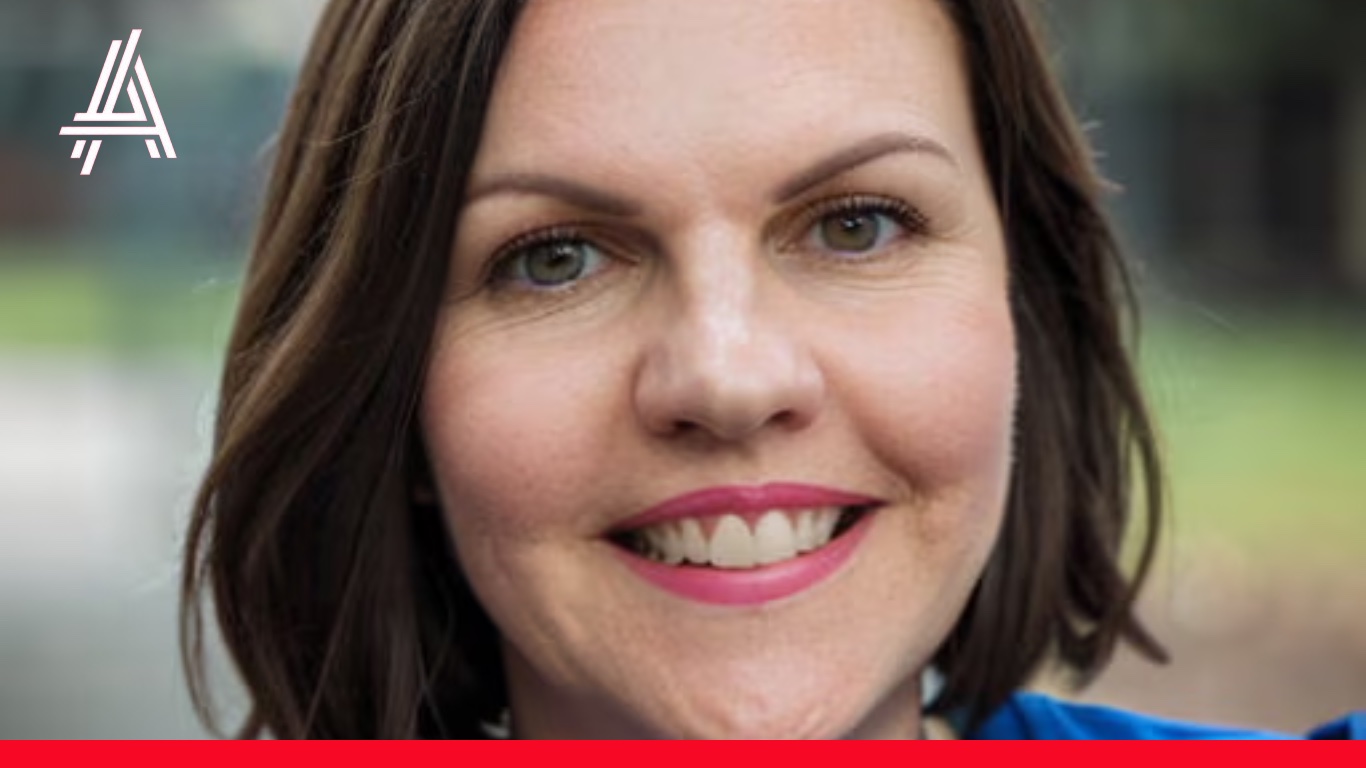Menopause is inevitable for most women, so that’s around 3.8 billion people who will be affected at some point in their lifetime.
So it is quite surprising to hear that most people, females included, that don’t have a clue about the physical and psychological symptoms that the menopause triggers and how much it can effect the life of those suffering. And it was this realisation that led to Kayley Wilson, founder of Change It Up!, to leave her job as a lawyer and start up a company that brings awareness to the menopause.
Since starting Change it Up in 2021, Kayley has been providing workplace training to organisations both big and small across the UK- the specialist training is aimed at giving employees and employers the knowledge and confidence they need when or if the menopause starts causing issues.

Just last week Agency Hackers members were given a masterclass in menopause support from Kayley, where she shared her top tips on how workplaces can become more inclusive and understanding for their staff. She shared her own experience with starting the menopause and how hard it was to be given a diagnosis when she realised that something was wrong with her.
She spoke candidly admitting: “I was managing a law firm for over 20 years, I’m one of those people who’s really energetic and busy and can kind of cope with anything, a teenage mum, I’ve been through a difficult divorce. I’ve run a law firm with three kids and two dogs.
“And when it’s about the mid 40s, I started to experience some breathing problems and it went on for quite a few weeks. Then it started at nighttime- I’d wake up and bolt up and it was literally like somebody had held a pillow over my face like had been choked.”
So Kayley went to the doctors, who told her that she was fine and there was absolutely nothing wrong with her. After that moment her mental health started to deteriorate for the first time in her life. She started suffering from anxiety before eventually beginning to have panic attacks that spiralled out of control very quickly.
Kayley added: “It was so far removed from the person I know I am I can’t even tell you, I know the that woman I am. I know myself inside out and all of a sudden there was somebody that I didn’t recognise. In all honesty, someone that I was scared of and someone who I definitely didn’t want to be.”
After being put on antipsychotic medication and anti-depressants, she started to Google her symptoms and quite quickly realised she kept coming back to one thing- the menopause. So she went back to the doctors, was put on a HRT patch and after only three patches, began to feel herself again.
Lots of women are worrying thinking, ‘Am I going to lose my job if I say I’m menopausal?’
Kayley Wilson
Below are some of the most important takeaways about the menopause from the session:
- 80% of women will have symptoms and 25% of women will have debilitating symptoms that have an impact on daily life
- It’s not just older women who will have the menopause, it can be transgender people, people who have had operations etc
- There are four stages to the menopause: Pre-Menopause, Perimenopause, Menopause, Post-Menopause
- There are around 68 symptoms you could suffer- the list grows as people become more open with their experiences
- A lot of symptoms cause problems that stay with you after the menopause is over
Practical workplace changes that can be made:
Kayley said that she has found the biggest problem that menopausal women face in the workplace is brain fog. She said: “That affects their confidence and their job, which means they are more likely to leave their job if they have brain fog and concentration problems. They find it really distressing.
“We’re not talking about a little bit of forgetting somebody’s name. This can be women who are unplugging computers and leaving meetings because they say I can’t deal with it.”
Making silly mistakes, having slower productivity levels, struggling to make decision are all also very common issues with menopausal women. So it is important for workplaces to notice if someone’s behaviour has changed, and rather than jumping on it, asking ‘why have they changed.’
Kayley believes it is important to promote wellbeing in the office and simply communicating openly that managers are committed to supporting women. She said: “Lots of women are worrying thinking, ‘Am I going to lose my job if I say I’m menopausal?'”
So showing the commitment can put minds at ease. As can making sure that any conversations had about problems are completely confidential. Even things like checking that they are okay to be do the tasks they usually do and not placing last minute decisions on to them could help hugely.
Having cold water readily available can also be a comfort according to Kayley, and so can access to quiet areas and being aware of sources of heat that could affect hot flashes.
Anyone who is interested in learning more about menopause in the workplace and hearing about what can be done to support people going through it can go to the Change it Up website. There is a lot on offer to support women who are struggling themselves, or employers who think they need some more help understanding the support they need to give.

Join 3,000+ agencies
Get the Agency Hackers Newsletter, and read candid stories from other agency leaders.
Upcoming events

Join 3,000+ agencies
Get the Agency Hackers Newsletter, and read candid stories from other agency leaders.









